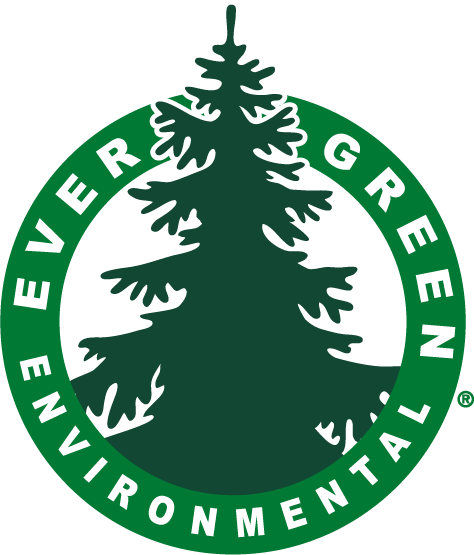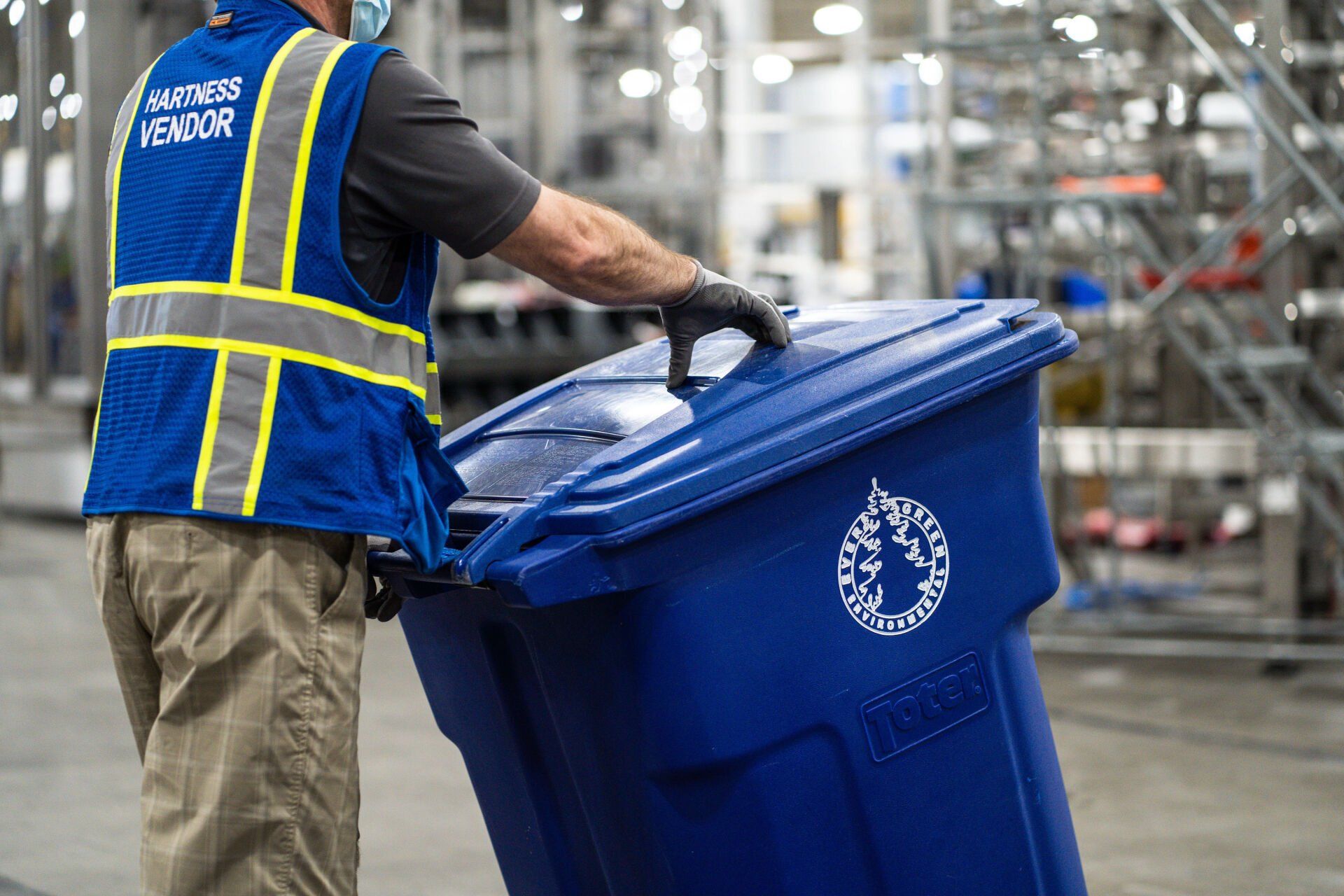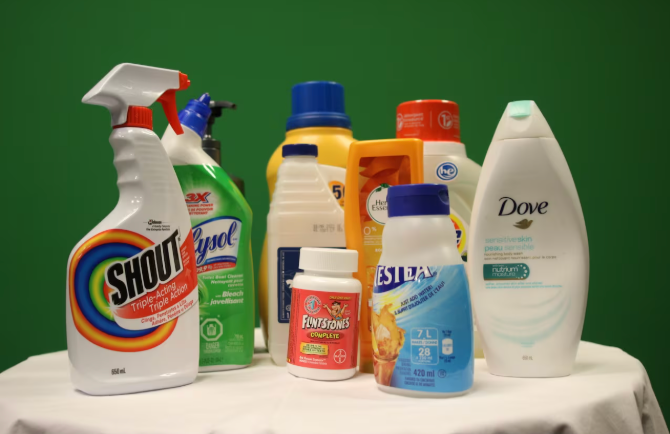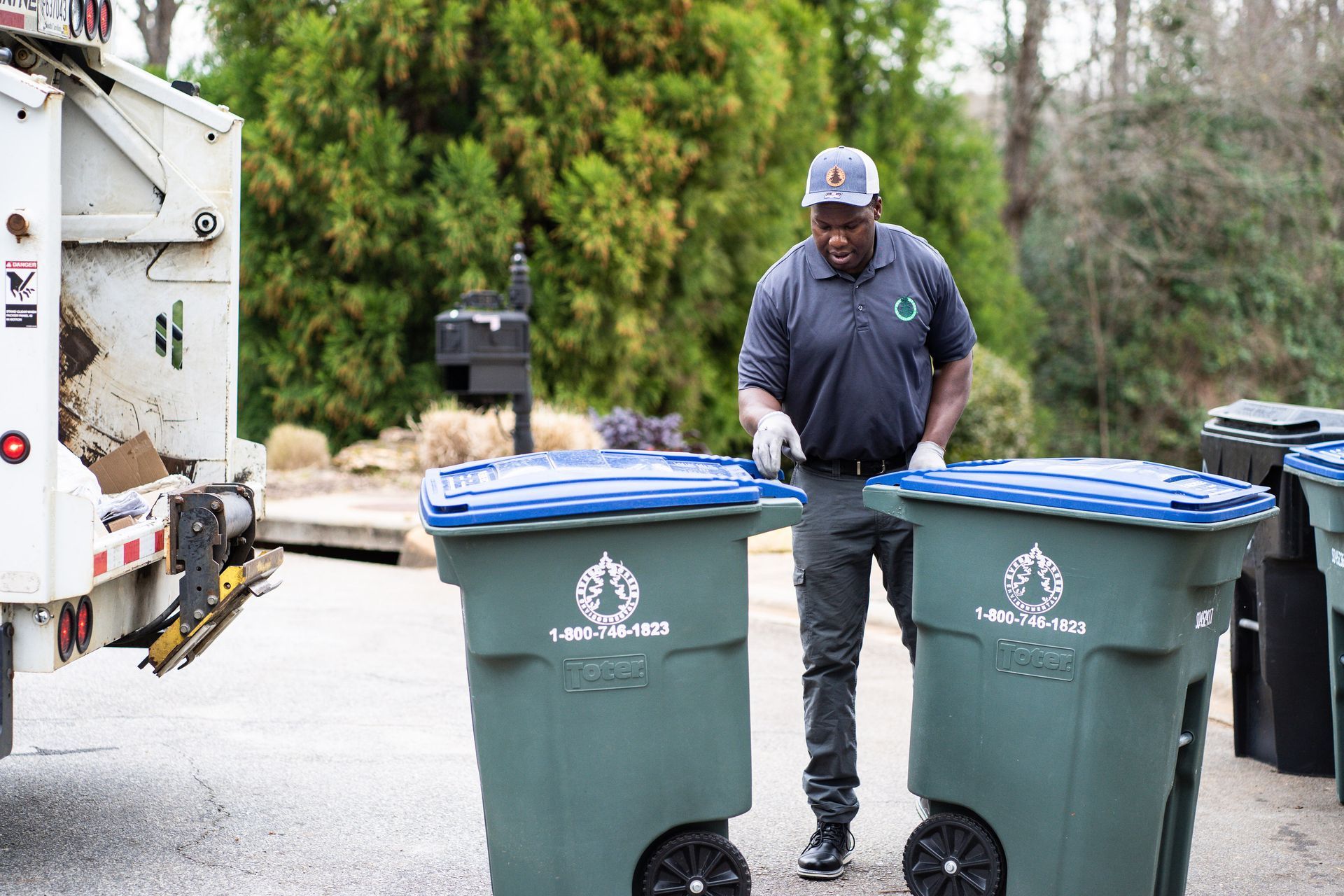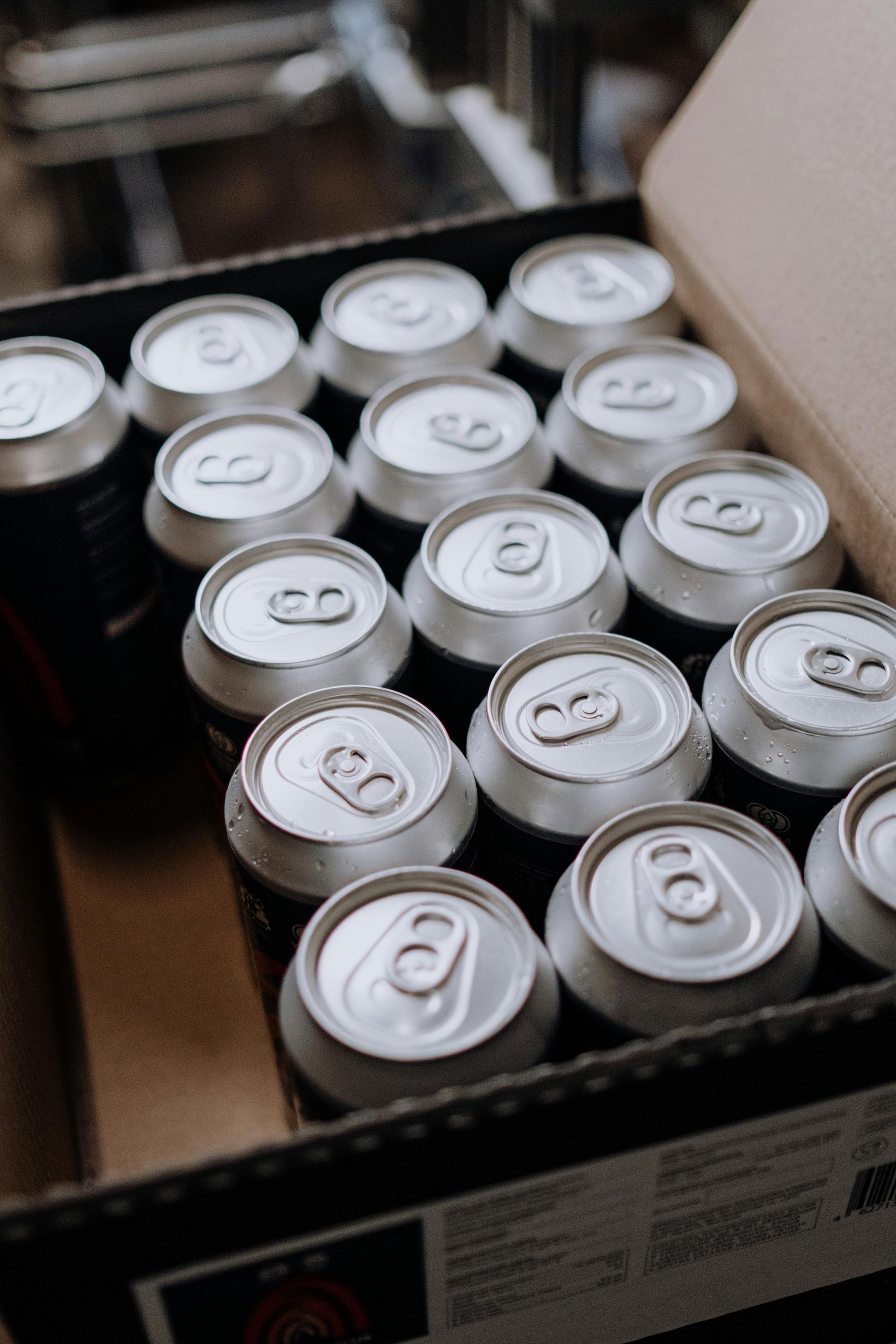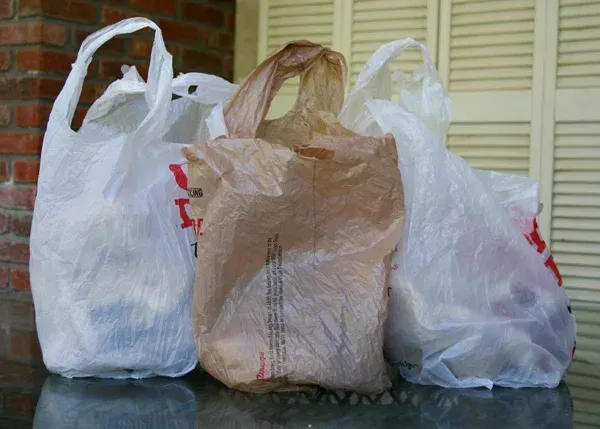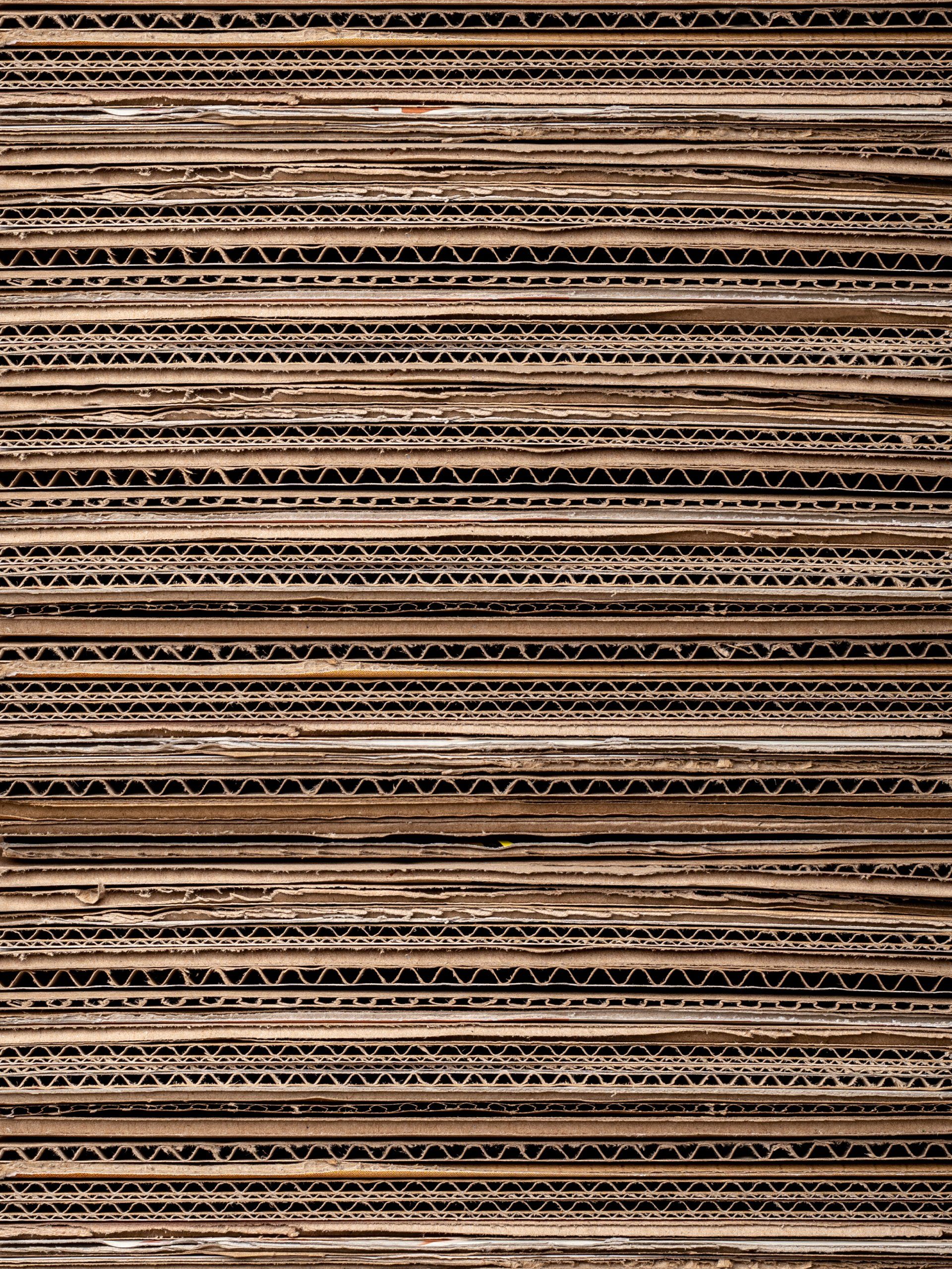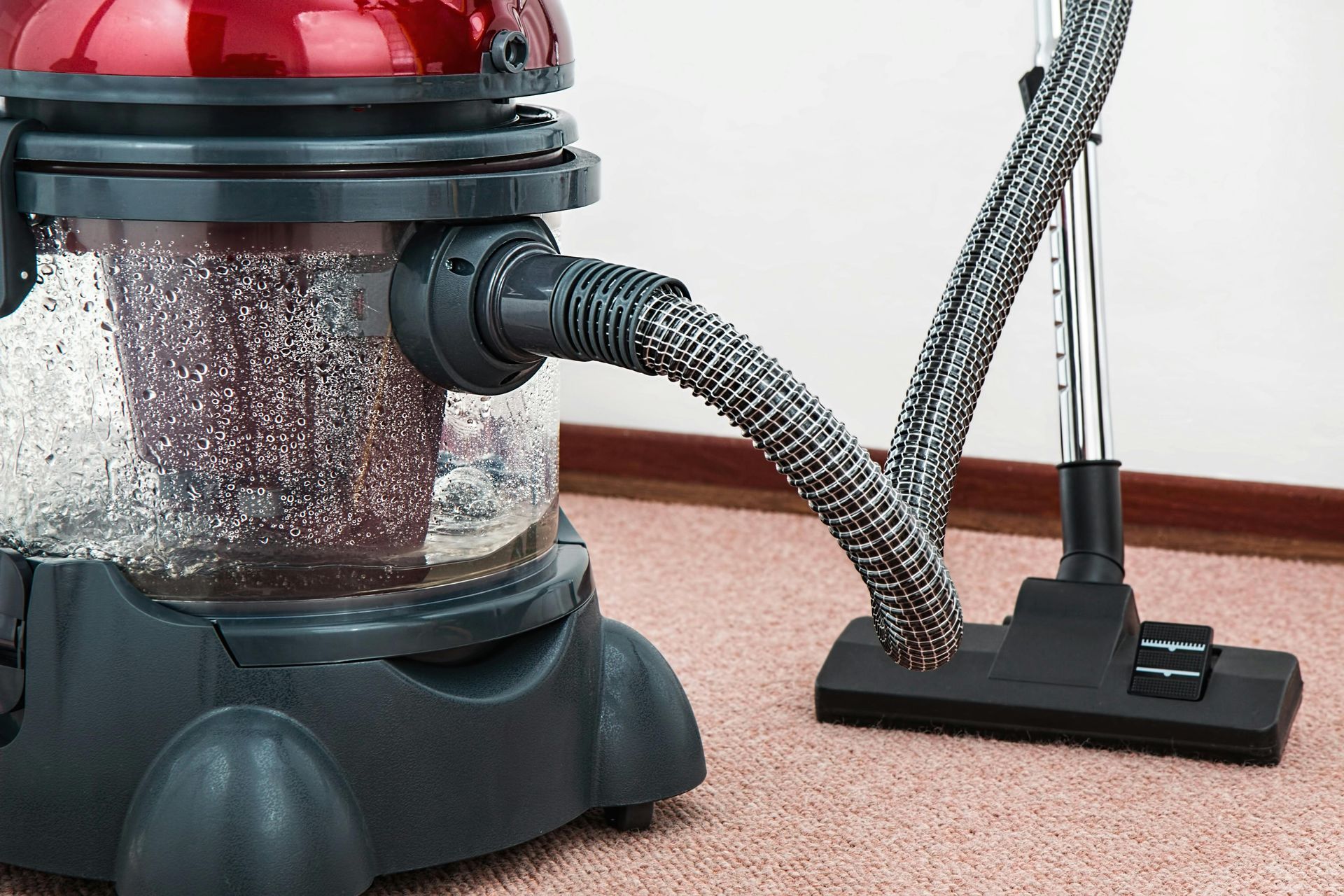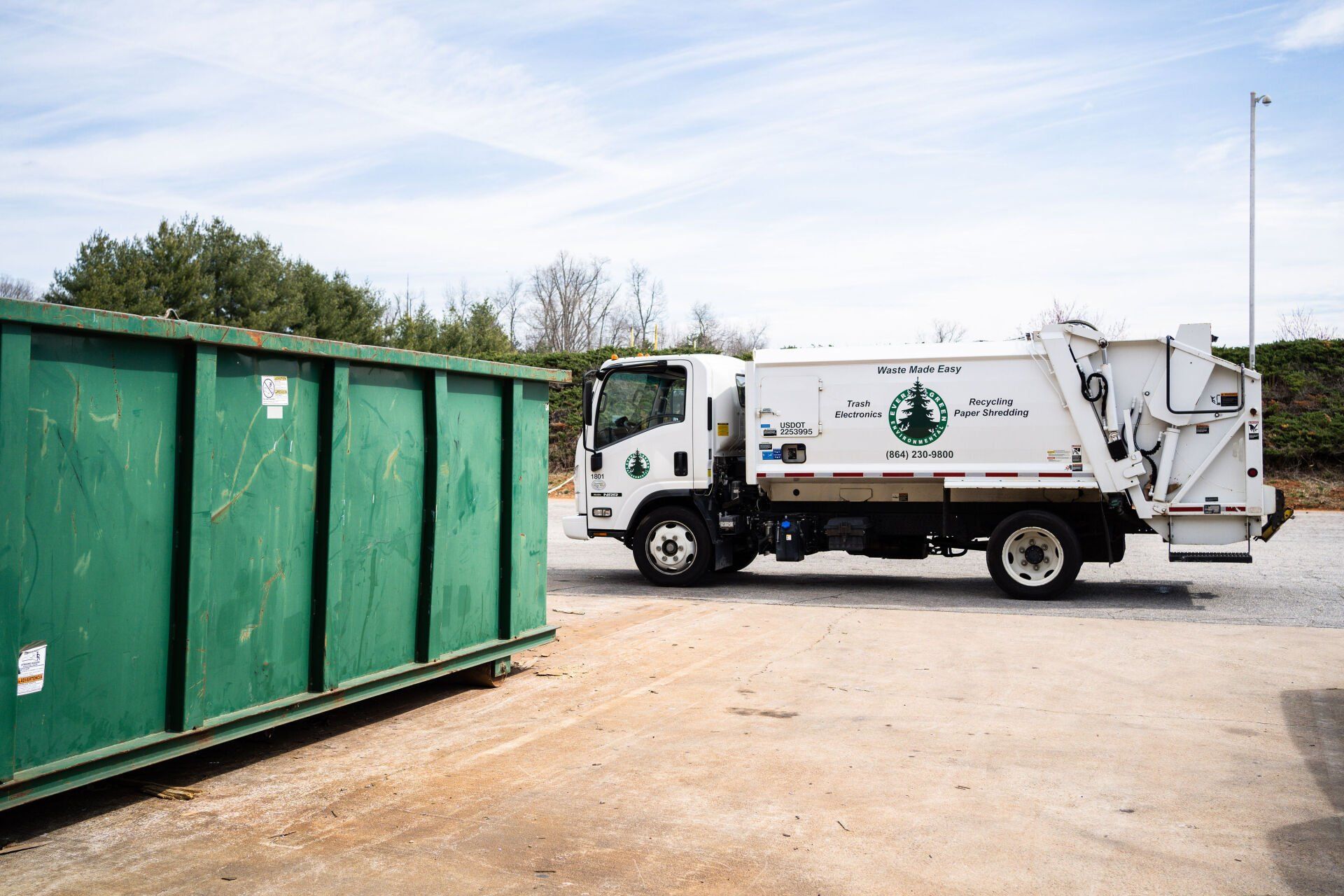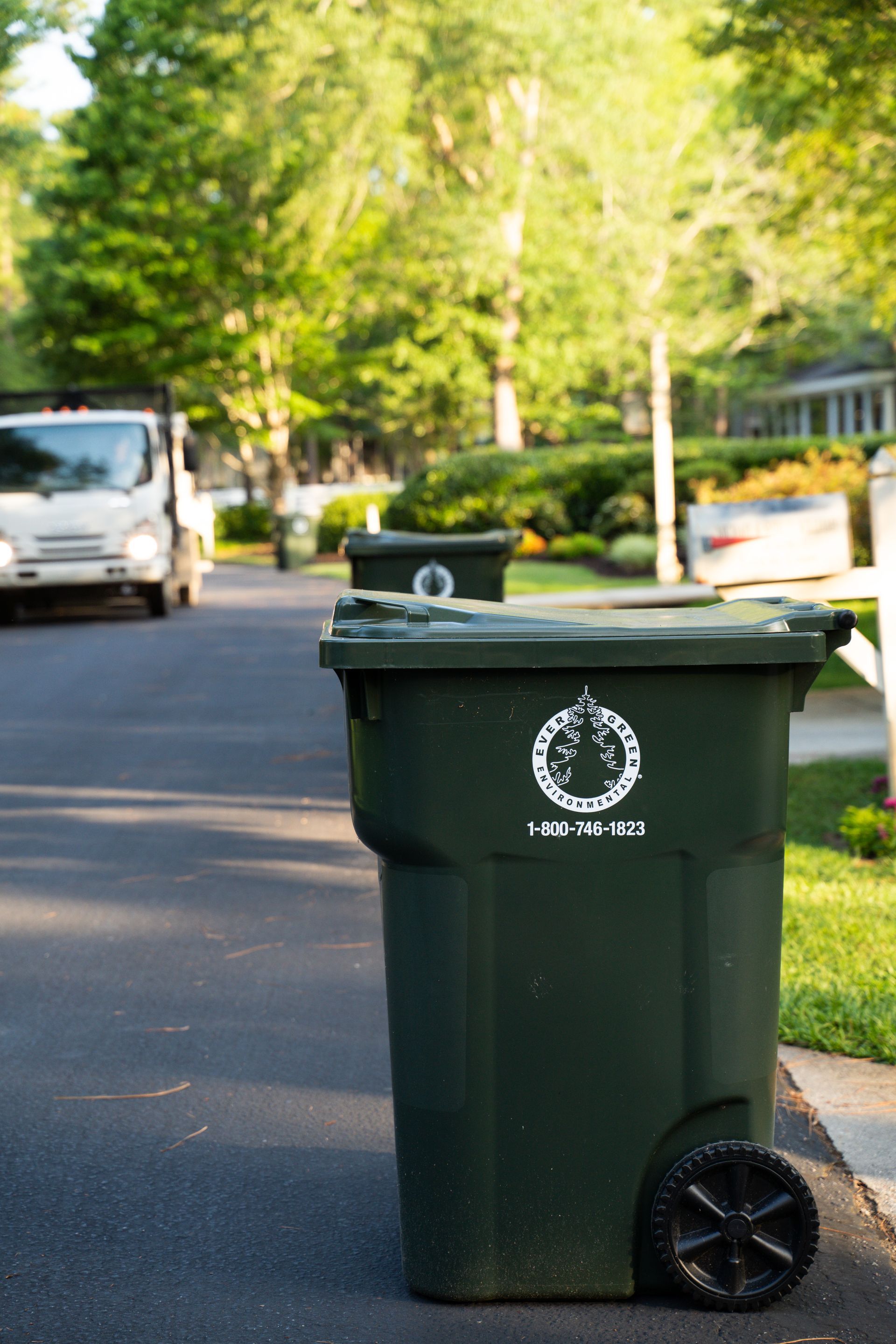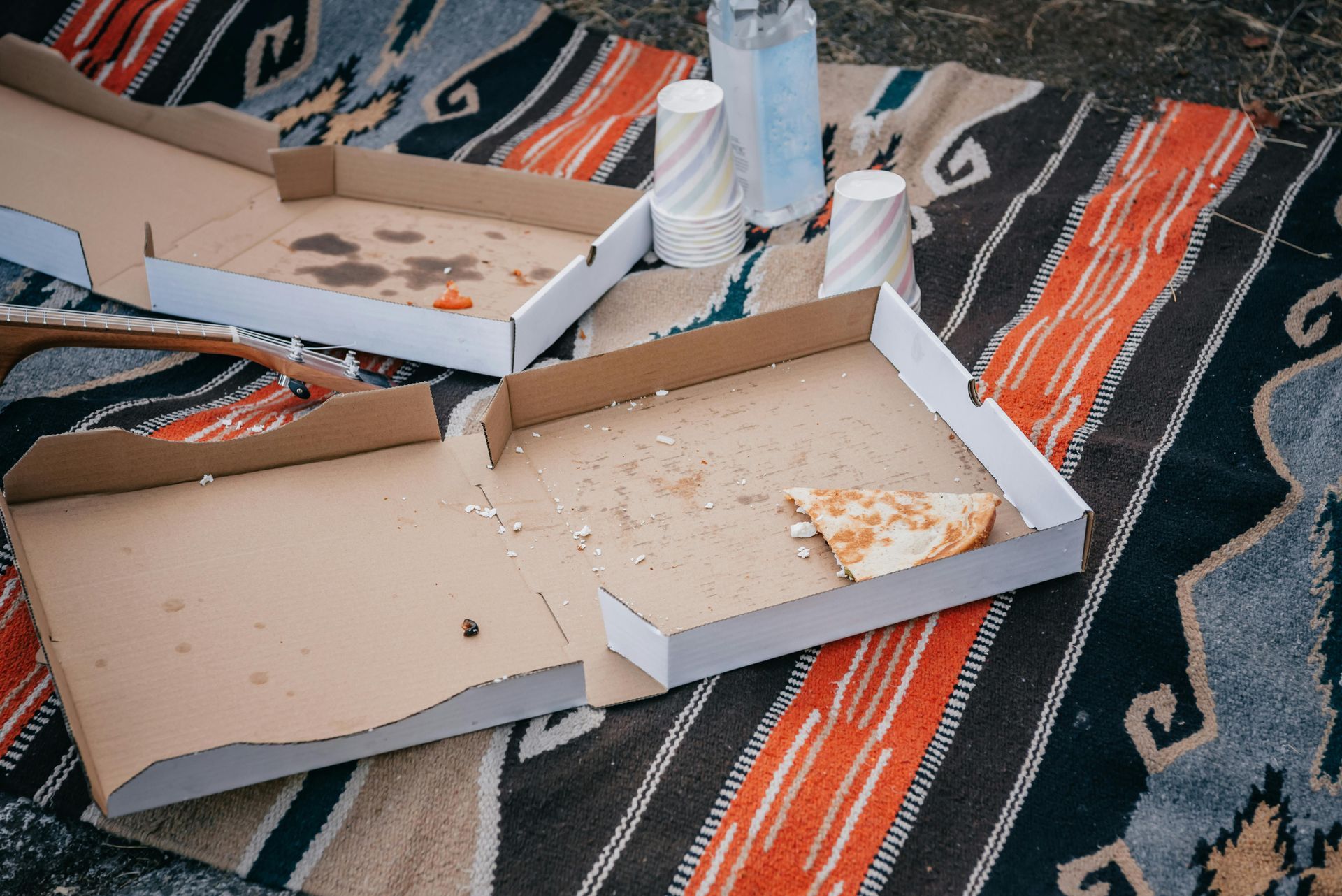Are #2 Plastics Still Something to Consider in my Recycling Practices?
When it comes to plastics and environmental health, many of us are paying closer attention to the numbers stamped on the bottom of containers. One of the most common and widely recycled types is #2 plastic, also known as HDPE (High-Density Polyethylene). You’ll find it in everyday items like milk jugs, shampoo bottles, detergent containers, and even some reusable water bottles. But with growing concerns about plastic pollution and chemical leaching, many residents in Five Forks, Greenville, and Simpsonville are asking:
Are #2 plastics still something to worry about?
The short answer is: it depends on how they’re used. HDPE plastics are still actively produced and widely used, largely because they are durable, relatively lightweight, and considered one of the safest forms of plastic. Unlike some lower-grade plastics, #2 does not typically contain BPA or phthalates, chemicals known to interfere with hormones. That’s one reason why HDPE is often used for food and beverage packaging. It has a strong barrier against moisture and is less likely to leach harmful substances under normal conditions.
That said, safety also depends on how the plastic is stored and used. When exposed to extreme heat (like being left in a hot car), even HDPE containers can degrade over time and potentially leach trace chemicals into their contents. This means that while drinking water from a #2 plastic bottle occasionally isn’t considered dangerous, long-term reuse or heat exposure should be avoided, especially for health-conscious families and environmentally aware consumers.
How Do #2 Plastics Affect the Environment?
From an environmental perspective, HDPE remains more sustainable than many other plastics because it’s readily recyclable and most local recycling programs in the greater Greenville area, including those in Simpsonville and Five Forks, accept it. Still, it’s crucial to clean and dry containers before recycling and avoid wish-cycling items like plastic bags or heavily soiled jugs, which can contaminate the recycling stream.
Smarter Choices for a Greener Future
So, is #2 plastic something to worry about? While it’s not the worst offender in the plastics world, it’s still plastic. It contributes to waste and has a lifecycle that ends somewhere, often in a landfill or the environment if not properly managed. At
Ever Green Environmental, we advocate for responsible use, proper recycling, and reducing plastic dependency where possible.
If you're curious about safer alternatives or want to improve your household or business plastic recycling practices, reach out to us. We're proud to support greener living in Five Forks, Greenville, and Simpsonville one smart decision at a time.
